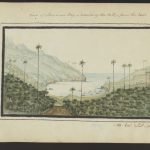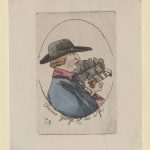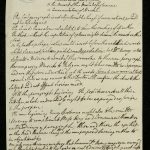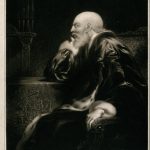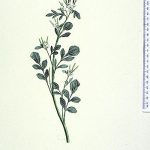America Lost? The Birth of Britain’s Capitalist Empire
Posted on: January 20th, 2017 by Sara Belmont No Comments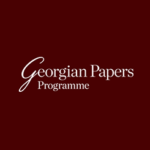
Justin B. Clement, Ph.D. Candidate in United States History, University of California, Davis Jump to Transcription & Images The 1783 Peace of Paris brought a grueling eight-year war to an end, but its generosity shocked many Britons to the core. By offering lenient terms in the treaty negotiations, Prime Minister William Petty, Lord Shelburne, hoped… Read More »

